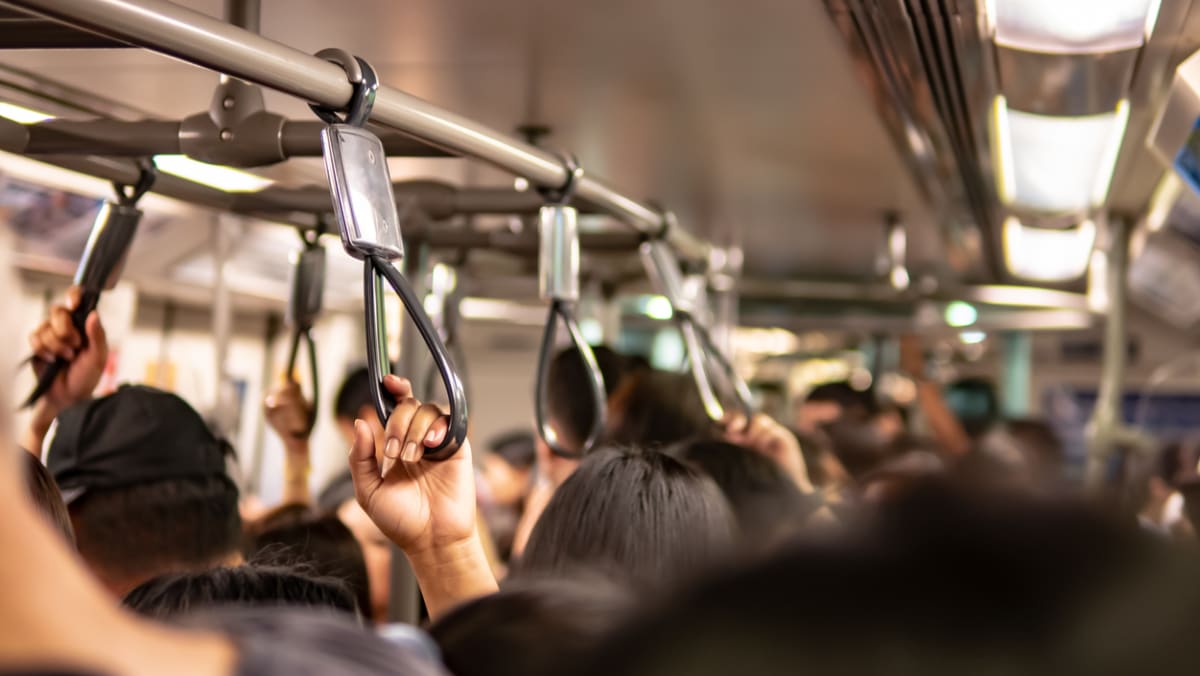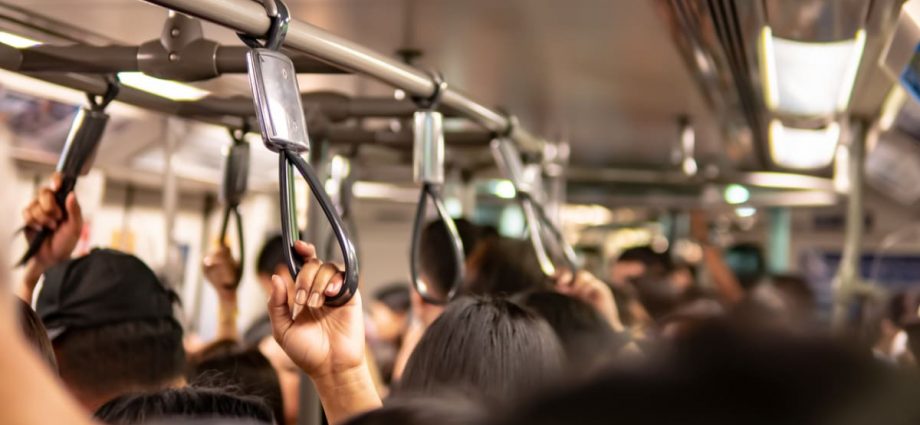
WORK FROM HOME – LIBERATING OR LONELY?
When the pandemic first hit us and the circuit breaker was implemented, the psychological reactions towards working from home were polarised.
On one hand, many appreciated not having to endure the stress of the rush hour. Patients told me they were delighted to be able to wake up naturally, have time to exercise and enjoy a leisurely breakfast before starting work.
Parents were able to spend more time with their children, and children who were caregivers were able to manage the needs of their elderly parents better.
Psychologically, these patients appreciated the added bandwidth resulting from the lack of commute and reported a decrease in their anxieties.
Individuals who had psychological difficulties taking public commute due to anxiety disorders such as claustrophobia or panic disorder were able to cope better. Not having to worry about being trapped in an enclosed space in the train of the bus, some patients succeeded in taking on a job for the first time in their lives.
But not having to commute and working from home has also had its drawbacks, leaving some people feeling isolated and lonely. For employees with family, work can sometimes be the only legitimate reason they can give themselves (or their spouse) to leave home and get some alone time.
When the line between home and office became blurred, some found it difficult to have a proper routine or to get away from work. This resulted in them neglecting their meals, sleep, and even toilet breaks.
In a survey conducted by the American Psychiatric Association in 2021, the majority of respondents who worked from home said they found not going to the office problematic.
Nearly two-thirds of those surveyed said they feel isolated or lonely working from home at least sometimes, while 17 per cent said they felt that way all the time.
More than two-thirds of employees who worked from home at least part of the time reported they had trouble getting away from work at the end of the day always (22 per cent) or sometimes (45 per cent).
Younger adults (73 per cent of 18- to 29-year-olds and 73 per cent of 30- to 44-year-olds) were more likely to report feeling isolated or lonely working at home compared to older adults (48 per cent of 45- to 64-year-olds).

